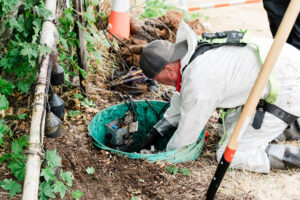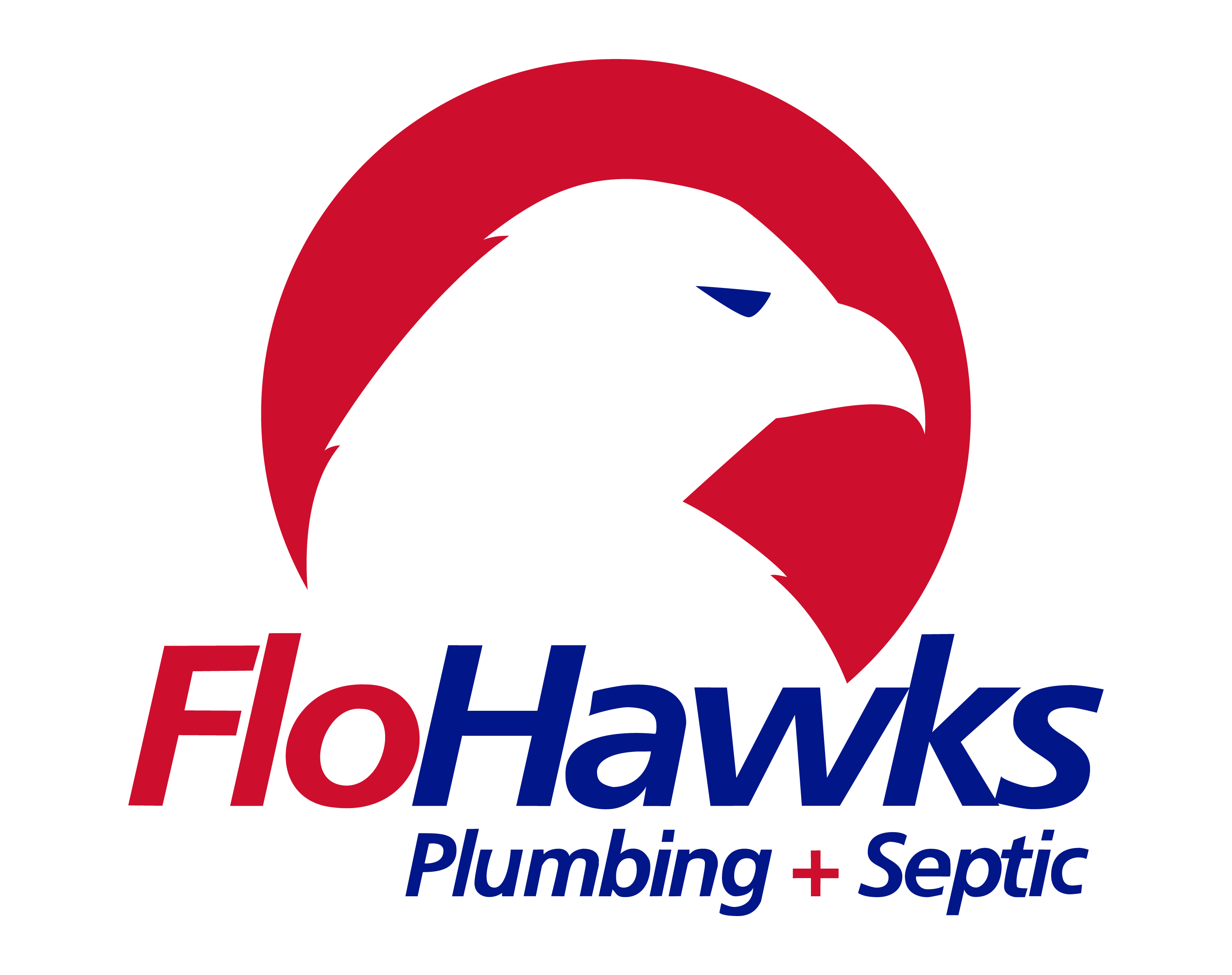
A clogged drain is a common household issue that can quickly turn into quite a frustrating ordeal. Whether it’s a slow drain or a complete blockage, a clogged drain is something you surely don’t want to ignore. In this blog, we’ll guide you through the process of how to unclog a drain if you’re a DIYer, and we’ll highlight some common materials that you should be aware of that are known to clog drains.
How to Identify a Clogged Drain
The signs of a clogged drain are hard to miss. If you notice your faucet water draining slowly, not draining at all, or hear gurgling sounds coming from the drain, the drain is probably clogged. However, before you proceed to unclog your drain, it’s important to identify what kind of drain you’re dealing with. Because bathroom sinks, kitchen sinks, showers, and toilets all have different mechanisms, understanding the specific type of drain will help you approach the situation more effectively.
How to Unclog a Drain
- Gather Supplies: You’ll need some basic tools before you start. A plunger, a plumber’s snake, a bucket, rubber gloves, and a drain cleaner (if preferred) are all good to have on hand.
- Remove Visible Debris: Before you start with any tools, try to remove any visible debris from the drain opening. Hair, food particles, and soap scum are common culprits.
- Plunger Power: For sinks and showers, a plunger can work wonders. Fill the sink or shower base with enough water to cover the plunger’s cup. Seal the plunger over the drain and give it a few forceful plunges. The pressure should dislodge the clog.
- Plumber’s Snake: If the plunger doesn’t work, a plumber’s snake can help. Insert the snake into the drain and rotate it while pushing it forward. This should break up or hook onto the clog, allowing you to pull it out.
- Natural Methods: Alternatively, you can try using a mixture of baking soda and vinegar. Pour a cup of baking soda down the drain, followed by a cup of vinegar. Cover the drain with a cloth or stopper for about 30 minutes, then flush with hot water.
Why Drain Cleaning Products Aren’t the Answer
Many homeowners tend to turn to chemical drain cleaning products to remedy clogged drains, thinking that the acidic content will “eat away” the solid material blocking the flow of water. However, they’re actually introducing acidic material that will enter and easily corrode the pipes. In addition, acidic drain cleaners can also severely injure the user if not handled properly; contact with skin can cause severe burns and even inhaling these cleaning products can damage the lungs.
Professional Drain Cleaning
If the steps above aren’t sufficient in cleaning your drain, or if you’re dealing with a particularly stubborn clog, it’s time to call in the experts. Professional plumbers have the tools and expertise to tackle even the toughest clogs without causing further damage to your pipes. At FloHawks, our technicians are available for assistance in unclogging drains 24 hours a day, 7 days a week, 365 days a year, including nights, weekends, and holidays.
Common Drain Cloggers to Look Out For
Having a good understanding of what commonly clogs drains can help you take preventative measures in the future. Here are some of the main culprits to be aware of:
- Hair: This is a major contributor to bathroom clogs, so make sure to use a drain catcher and clean it regularly.
- Food: This is a big culprit in kitchen drains, so try to avoid any food scraps and grease from going down the drain in your kitchen sink. Instead, dispose of those items in the trash or compost.
- Soap and Toothpaste: Soap, toothpaste and mineral buildup can accumulate in your pipes over time, so regularly cleaning your drains with a mixture of vinegar and hot water should help minimize the buildup in your pipes.
- Paper Products and Wipes: Make sure to only flush toilet paper down the toilet. Flushing any other type of paper products, like paper towels and even “flushable” wipes, can still cause clogs.
To conclude, a clogged drain can be a major inconvenience that could disrupt your daily routine. By following the steps above on how to unclog a drain and making sure to be mindful of common drain cloggers, you can ensure that your drains continue to flow smoothly without disruption. But remember, if the clog is persistent or seems severe, it’s always best to seek professional help to prevent further damage.










